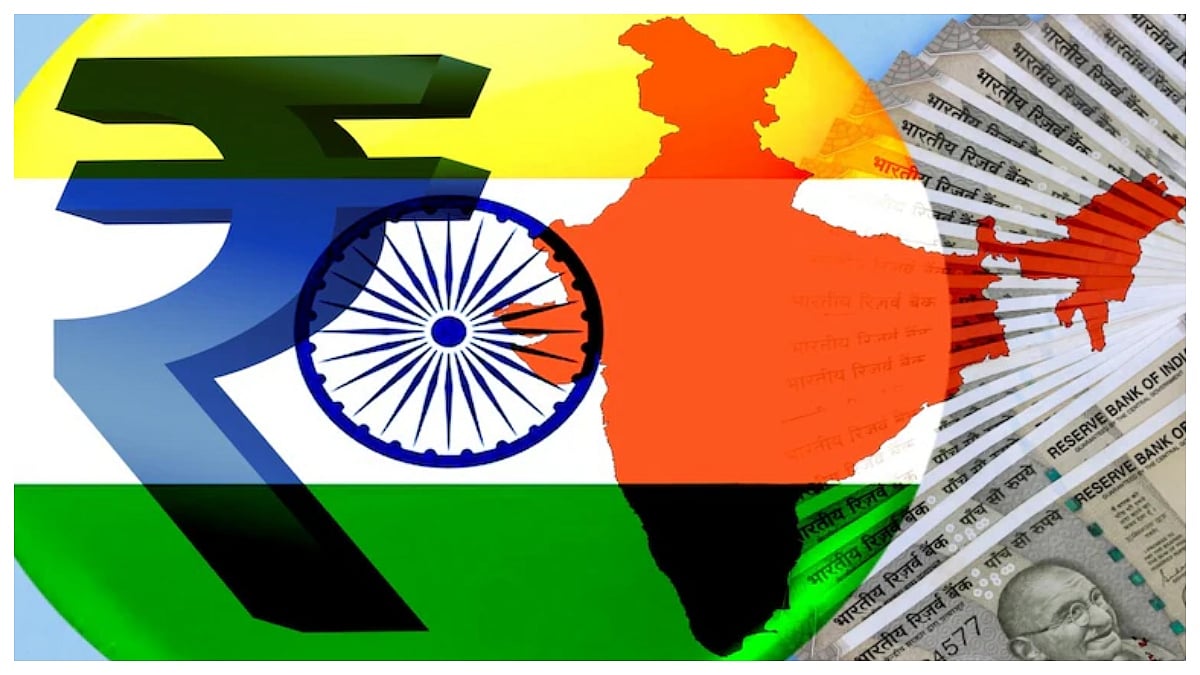Protein is an important macronutrient and getting enough protein is crucial for the human body to function optimally. The cereal-based Indian diet lacks protein and there is a lack of awareness among Indians regarding the sources, recommended intake and so on.
Protein intake for an average Indian adult is recommended between 0.8 and 1 gm per kg body weight per day, while the average intake is around 0.6 gm per kg body weight per day. Protein intake is rising across the globe, averaging 68 gm per person per day. However, as compared to other Asian countries, average protein consumption per person per day is 47 gm per person per day which is the lowest.
In an Indian diet, 60% of total protein per day is derived from cereals that are usually difficult to digest and lack bioavailability. Protein deficiency is one of the major reasons to poor muscle mass, skin, hair and nail problems, fatty liver, bone fractures, stunted growth in children, disrupted immunity, increased hunger and greater calorie intake.

An optimum intake of protein offers several potential health benefits that could help increase weight loss, enhance muscle mass, and strengthen overall health. Here are eight ways to include more protein in your daily diet and prevent protein-deficiency outcomes.
Include protein in each meal: Your protein intake per day can be fulfilled by adding protein to each meal. Research revealed small portion of protein throughout the day keeps you full for longer than adding bulk in one meal. Distribute your total protein recommendation throughout the day.

Some best sources of proteins are lean meat, poultry, eggs, pulses, tofu, paneer, yogurt, almonds, oats, milk, broccoli, fish, quinoa, lentils and so on.
Finish your protein first: Before you reach for the carbohydrates, finish your protein first to release more peptides, a gut hormone to help you stay full for long. Additionally, high protein intake also leads to reducing the levels of ghrelin, the ‘hunger hormone’ and prevents blood sugar or insulin from rising after a meal.
Eat more whole grains: Eating more whole grains replacing their polished counterparts is a great strategy for vegans and vegetarians to add more protein to their daily meals. Whole grains such as quinoa, millets and barley are rich sources of important nutrients including vitamins, antioxidants, minerals and fibre.

For example, one cup of cooked quinoa has 8 grams of protein, twice than what you get from white rice. Whole grains can be eaten in form of khichdi, porridge, upma, chapati and so on.
Top it up with nuts and seeds: Nuts and seeds are powerhouses of essential nutrients. They are rich in protein, magnesium, fibre, heart-healthy fats, and other micronutrients. Nuts such as almond, cashew and walnut provide approximately 6 grams of protein per 28 grams.

Seeds like pumpkin, chia, flax, sunflower can provide 5 to 8 grams of protein per 28 grams. Top your oatmeal, dalia porridge, or millet upma with chopped nuts and seeds to increase protein value. A total of 28 grams or a fistful of nuts and seeds can also be taken as crunchy snacks.
Choose curd or Greek yogurt: Curd and Greek yogurt are highly nutritious probiotic foods that should be a must in your daily diet. Both provide around 5 to 10 grams of protein per 100 grams. Adding a cup or 240 grams of curd or Greek yogurt can fill you up with 20 grams of protein. Greek yogurt also contains conjugated linoleic acid (CLA) that helps to promote weight loss.

A 2015 study reported Greek yogurt increases the concentration of glucagon-like peptide (GLP)-1 that helps regulate appetite and keeps you full for longer. Eat yogurt with fruits, nuts and seeds to make it a healthy, delicious dessert.
Eat paneer any time: Paneer is tasty and easily available. Two hundred grams of paneer can provide 23 grams of protein and just 176 calories. Paneer matches the satiety index of eggs, filling and a good source of CLA that helps you lose weight.

Other than curry, add scrambled paneer as sandwich filling, make salad with paneer cubes and green veggies or simply eat as snack along with nuts and seeds.
For egg lovers: Eggs are one of the healthiest foods. They contain all essential nutrients except vitamin C. Three eggs can provide around 20 grams of first-class protein. Eating eggs for breakfast decreases hunger, keeps you full for long and prevents overeating. Eggs also reduce cardiovascular risk.

For meat lovers: Choose lean meat to increase the amount of quality protein in your daily diet. Skinless chicken breast is one of the most popular protein-rich sources. A roasted chicken breast contains 53 grams of protein which is excellent to meet the daily protein need. Chicken breast and other lean cut meats are versatile and can be added to salad, curry and soup.
Our body can’t function optimally without adequate protein. Protein is integral for sustainable weight loss, muscle gain, sound metabolic health and immunity. Prefer locally available, affordable protein sources that suit your palate and help you meet your daily need.
(Subhasree Ray, Doctoral Scholar, Clinical and Public Health Nutritionist, Certified Diabetes Educator. She can be followed on her Twitter @DrSubhasree)





